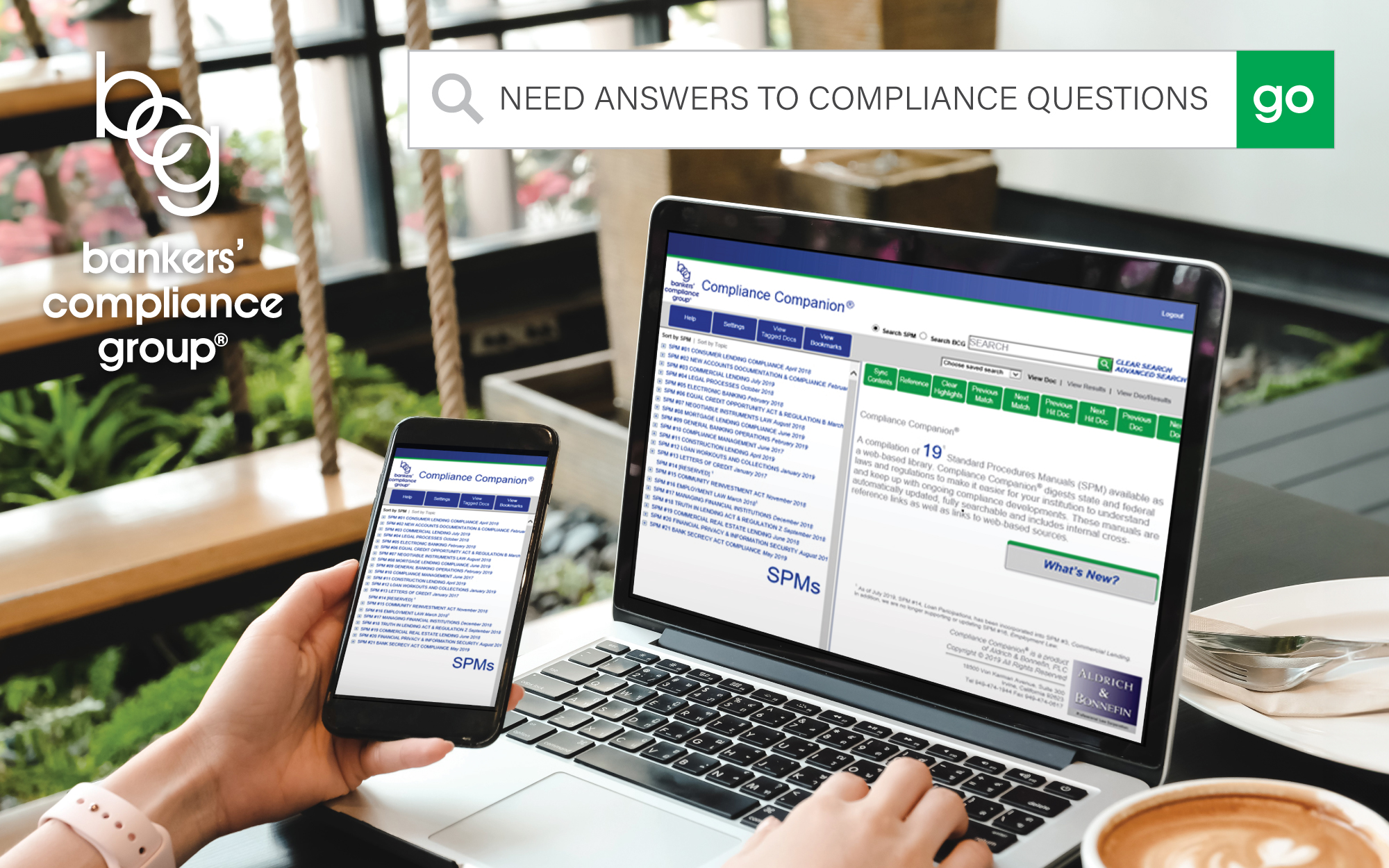When customers look up businesses online, reviews are one of the first things they see. These community bankers share how they collect positive reviews, and how to respond to negative ones.
How to collect positive customer reviews
March 01, 2022 / By Jen A. Miller
When customers look up businesses online, reviews are one of the first things they see. These community bankers share how they collect positive reviews, and how to respond to negative ones.
Word of mouth isn’t always enough to keep a business shining in the spotlight anymore.
“Your digital footprint outside of your own properties is increasingly how decisions are made,” says Rob Birgfeld, executive vice president and chief marketing officer for ICBA. “Customers do their due diligence to make decisions that are important to them, especially their financial security. Today, that typically involves input from other customers and peer sets.”
Quick Stat
94%
of consumers say positive reviews make them more likely to use a business
Source: Bright Local
Today, customers value the opinions of strangers. According to a recent Bright Local survey, 79% of consumers say they trust online reviews as much as personal recommendations from family or friends. In addition, the survey found that 94% of consumers say positive reviews make them more likely to use a business.
Community banks need to pay attention to what’s being said about them in those spaces. Encouraging positive reviews and responding to unhappy customers can be a boost to business.
Where to look for reviews
Northpointe Bank, based in Grand Rapids, Mich., keeps an eye on the big review sites, like Google and Yelp, that draw reviews for all kinds of businesses. But the $3.9 billion-asset community bank also keeps an eye on more niche websites and platforms, where it knows potential customers may be.
“We’re a very large residential mortgage lender, so reviews on Zillow are really important to us,” says Bill Clancy, vice president of retail banking. To support its banking and deposits business, it also tracks and asks for reviews on financial websites like DepositAccounts and Bankrate.
Daniel Brousseau, senior director, financial services industry strategy and experience at fintech solution Medallia, says community banks should also monitor NerdWallet, which is becoming a bigger player in the bank reviewing field. In addition, banks with their own apps should check Google Play and App Store reviews.
Quick review fixes
Birgfeld says there are several ways to minimize the likelihood of negative reviews. For example, making sure that each branch’s phone number and hours of operation are correct on review sites, and if a branch has to close early or open late, quickly update it at least on the Google landing page for that branch. If not, “you might end up with a bad review,” he says.
“We want them to leave honest feedback that allows us to hopefully shine but get better if there’s a gap.”—Bill Clancy, Northpointe Bank
Clancy says that Northpointe Bank is “not apologetic about asking for reviews” when customers have a good experience. That’s because while unhappy customers are quick to vent their anger through an online review, happy customers are “less likely to go out and share that in social forums,” he says.
The community bank has identified touchpoints where a customer is most likely to be highly satisfied with their experience, like when a loan closes, and uses those as opportunities to ask for a review. However, they are careful never to say that they want a positive or five-star review.
Personal bankers and loan officers are also encouraged to ask for reviews, and can put a link in their email signature to where they can be reviewed.
Doing this has not only raised Northpointe Bank’s average online star review from the mid-threes to above fours, but in reading reviews, it also realized that its customers were unhappy with its bank-to-bank transfer service compared with competitors’, so it made a change.
“We want them to leave honest feedback that allows us to hopefully shine,” says Clancy, “but get better if there’s a gap.”
How to respond to negative reviews
At Northpointe Bank in Grand Rapids, Mich., marketing flags bad reviews, routes them to the appropriate department and has someone in that department reach out. “Quick action can hopefully resolve it,” says Bill Clancy, vice president of retail banking. “If we can’t resolve it, let’s be more apologetic if we dropped the ball and also advise them that we greatly appreciate their feedback, even if it’s negative.”
Northpointe has rarely asked for a review to be taken down, and only does so in cases where a reviewer disparages an employee by name or uses crude language, Clancy adds. In those instances, Northpointe asks the review site to remove the review.
Subscribe now
Sign up for the Independent Banker newsletter to receive twice-monthly emails about new issues and must-read content you might have missed.
Sponsored Content
Featured Webinars
Join ICBA Community
Interested in discussing this and other topics? Network with and learn from your peers with the app designed for community bankers.
Subscribe Today
Sign up for Independent Banker eNews to receive twice-monthly emails that alert you when a new issue drops and highlight must-read content you might have missed.
News Watch Today

Join the Conversation with ICBA Community
ICBA Community is an online platform led by community bankers to foster connections, collaborations, and discussions on industry news, best practices, and regulations, while promoting networking, mentorship, and member feedback to guide future initiatives.













